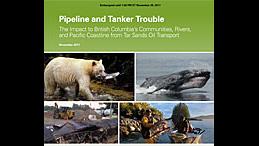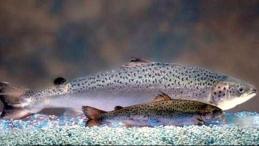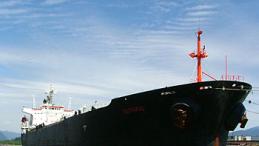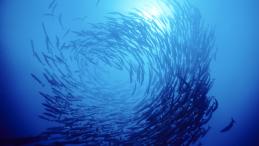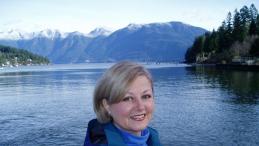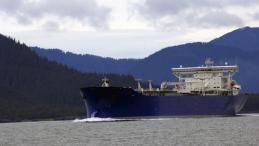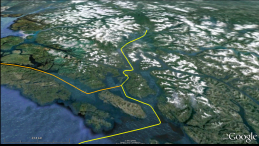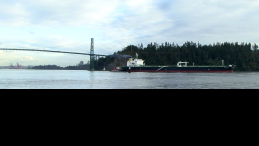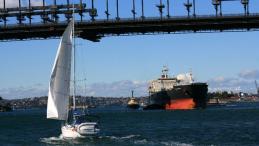New report highlights dangers associated with tar sands pipeline to British Columbia
VANCOUVER, B.C. – A new report released today shines a light on the dangers associated with transporting tar sands oil by Enbridge’s proposed Northern Gateway project, both along the pipeline pathway and on B.C.’s sensitive coast, which massive oil tankers would be navigating for the first time. The report by the Natural Resources Defense Council (NRDC), the Pembina Institute and Living Oceans Society, has also been endorsed by nine British Columbia organizations,

